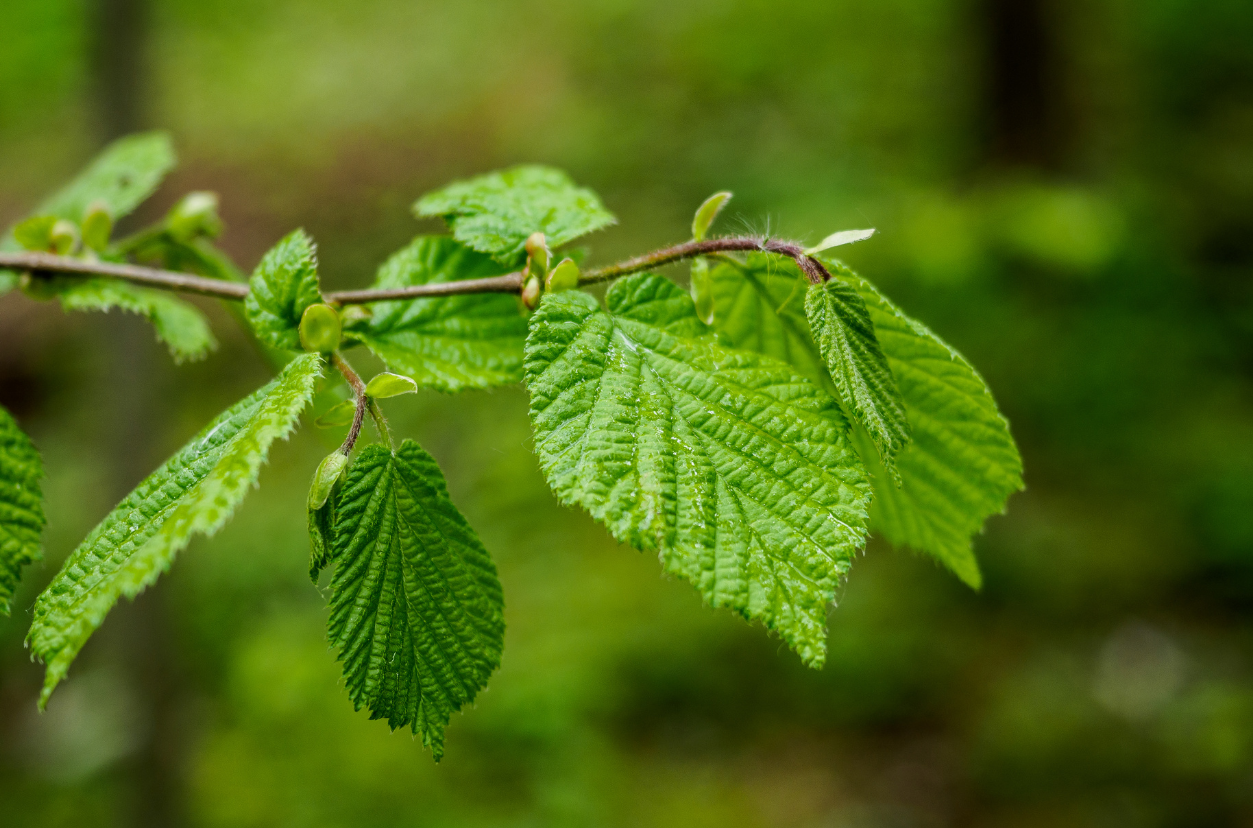What is the Best Potassium Fertilizer?
•Posted on August 06 2021

Potassium, along with nitrogen and phosphorus, makes up the trio of nutrients that most impact the growth of plants.
Nitrogen is essential to protein creation, while phosphorus is vital to the photosynthesis process.
Amongst other functions, potassium strengthens disease resistance in plants.
Choosing the right mix of potassium for plants can be tricky as there's no one-size-fits-all in plant nutrition needs.
Why Do Plants Need Potassium?

Plants use potassium in developing chlorophyll, which provides the green color in plants and algae.
Potassium also supports plant growth in other ways.
For example, it helps water and sugar transport inside the plant, making flowers and seeds stronger and fruit sweet and juicy.
When plants get the right level of potassium, disease resistance is improved as well.
How Do I Know When My Plants Need Potassium?

Plants lacking in potassium develop:
- Weak stems
- Floppy leaves
- Discolored leaves including: yellow or brown tips or appear scorched along the edges.
Do I Need a High Potassium fertilizer?
Whether you need a high potassium mix to feed your plants depends on several causes —specific plant needs, the nutrients in your soil, and the local climate.
For example, sandy soils in high rainfall areas often lack in potassium.
If you're ever unsure about what nutrients your plants need, conducting a soil test analysis is the safest bet to ensure you accurately provide the nutrients your plants require at any given time.
Potassium Fertilizer Mixes

Fertilizer mixes have three numbers printed on their bags, e.g., 10-10-10.
These refer to the amount of N (nitrogen), P (phosphorus), and K (potassium) that are in the mix.
There are several standard fertilizer mixes containing potassium (K) for plants:
- Potassium Chloride — also known as Muriate of Potash, is the most widely used potassium fertilizer. It can cause plants to burn if directly applied but is safer in powdered and soluble mixtures as they are weaker mixes.
- Potassium Sulphate — also contains sulfur aside from potassium. It's preferred for specific fruits and vegetables, such as strawberries and potatoes, and is widely supplied via water-soluble mixtures.
- Monopotassium Phosphate — is a source of phosphorus and potassium. It helps strong root growth and should be applied early in the plant's growing cycle.
Other mixes contain potassium and other nutrients for specific uses, such as indoor plants with lower fertilizer needs.
Buy Quality Fertilizers

Fertilizers rich in potassium can be guaranteed to improve the growth and strength of your garden.
If you're cautious with the elements you put into your garden, it helps to check the labels of fertilizer bags and go with an option that heavy-metal free and eco-friendly.
You can then be confident of not unintentionally introducing any toxic elements onto your property.
Where Do I Find Quality High Potassium Fertilizer?

Here at Greenway Biotech, we sell only the highest quality fertilizer mixes, including potassium for plants.
We know it can be tricky working out which combination of potassium fertilizer is the best for your garden needs.
Different plant species have different nutrient needs, and your soil conditions and climate also affect potassium levels.
Our quality high potassium soluble fertilizers include:
- Potassium Chloride 0-0-62
- Potassium Sulfate 0-0-53
- Monopotassium Phosphate 0-52-34
- Kelp Meal 2-0-4
- Blossom Green 2-6-8
- Sulfate of Potash Magnesia 0-0-21.5
If selecting the most suitable mix of potassium for plants seems confusing, we're always happy to help.
Use our 'questions' email page to get expert advice on your gardening needs, but if you're ready to shop, you can browse some of our high potassium fertilizers below.
Related Posts:
- What is the Best Nitrogen Fertilizer?
- What is the Best Phosphorus Fertilizer?
- What is the Best Fertilizer for Lettuce?
Comments
0 Comments
Leave a Comment